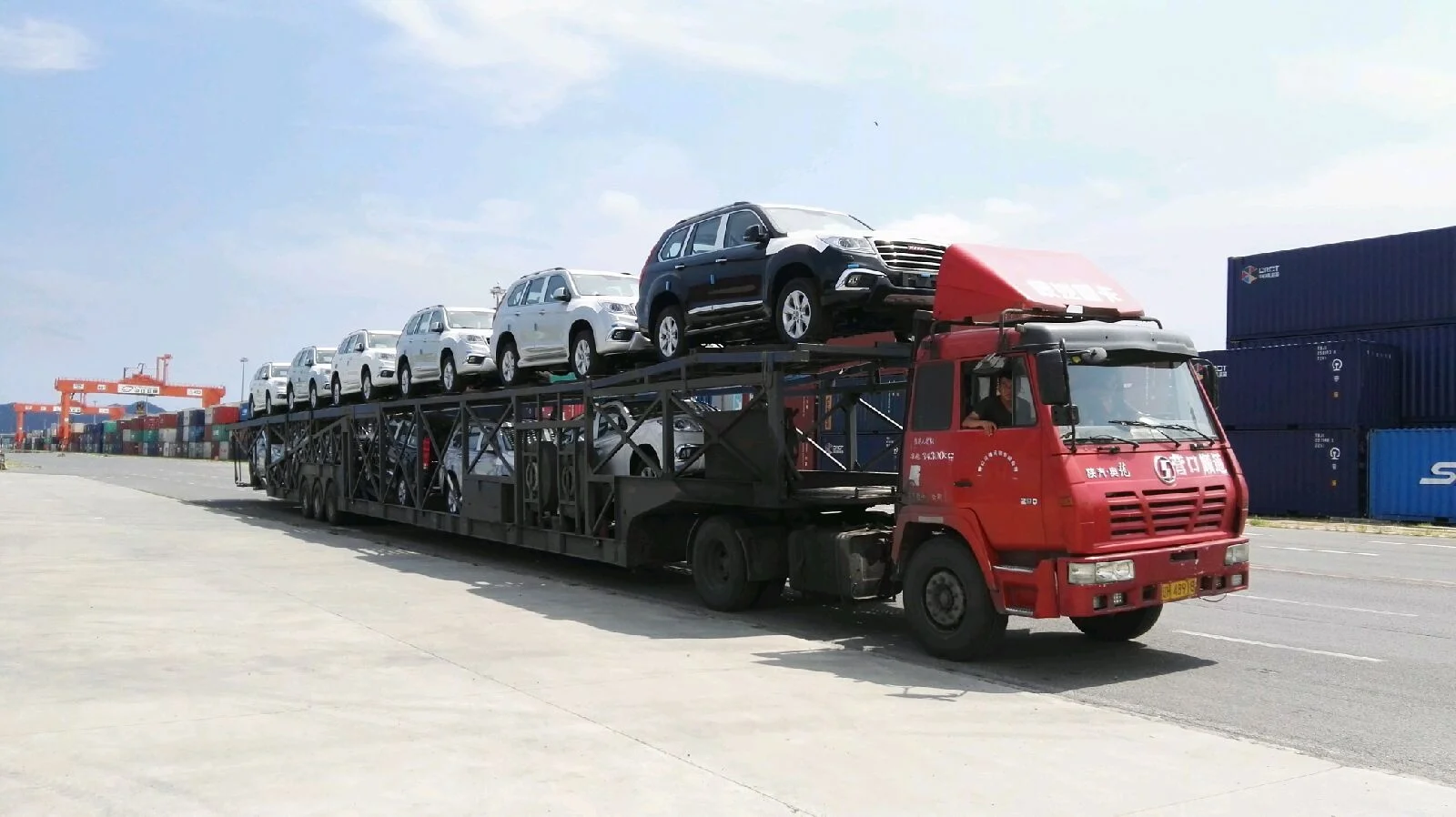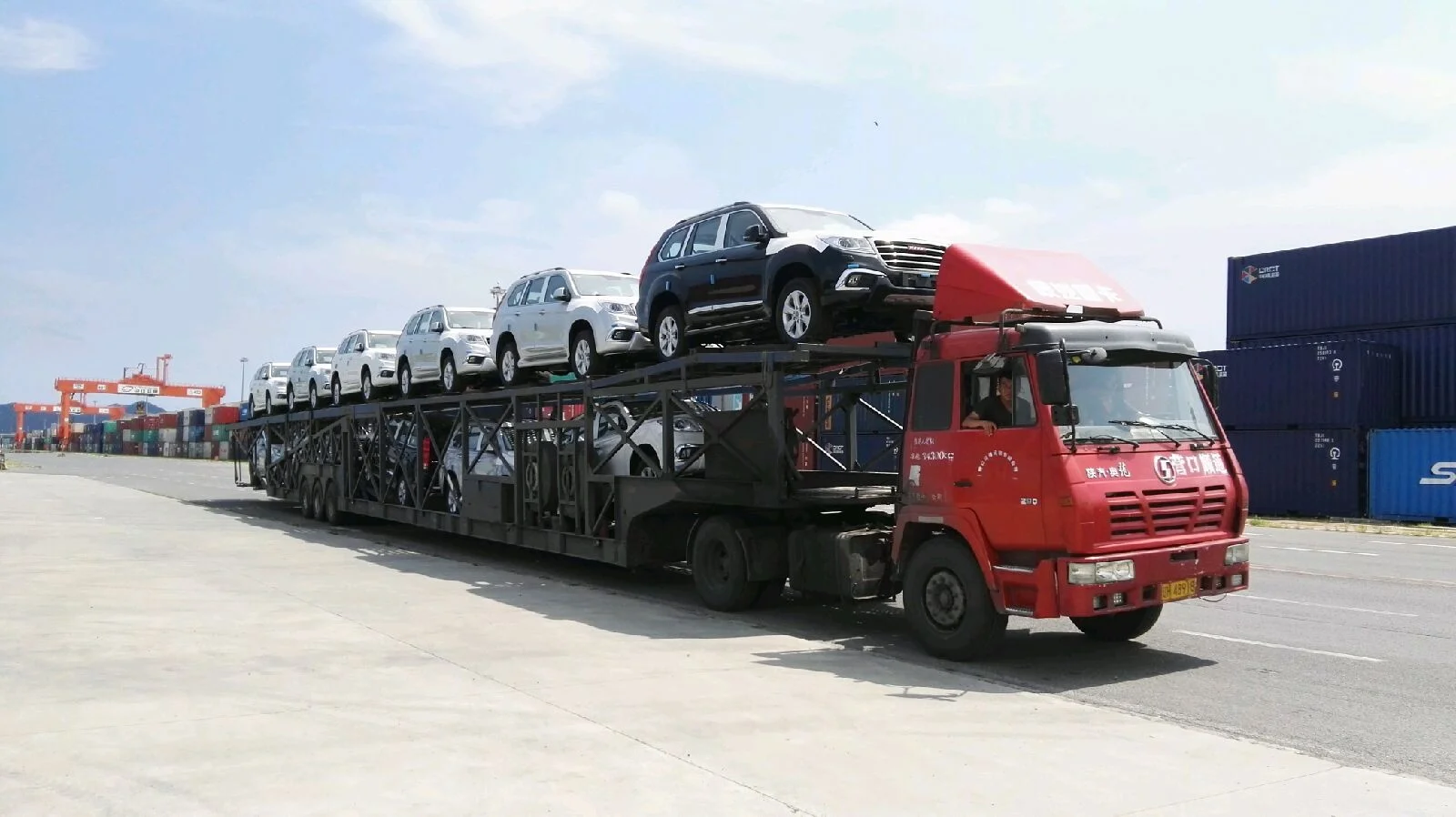In recent years, China's automotive industry has undergone a remarkable transformation, evolving from a primarily domestic market to a significant player in global automotive trade. This evolution has been particularly pronounced in the SUV segment, where Chinese manufacturers have not only captured a substantial share of the domestic market but have also set their sights on international expansion. The "Export China SUV Project" represents a pivotal moment in this journey, marking the beginning of a new era in automotive trade.

The Growth of SUV Market in China
Domestic Demand Fuels Production
The surge in SUV popularity in China has been fueled by several factors, including changing consumer preferences, improved road infrastructure, and the increasing affordability of these vehicles. Chinese consumers, particularly those in urban areas, have embraced SUVs for their spaciousness, comfort, and off-road capabilities. This demand has spurred manufacturers to increase production, leading to a proliferation of SUV models tailored to local tastes and budgets.
Technological Advancements and Innovation
As the domestic SUV market has matured, so too have the technological capabilities of Chinese automakers. Many have invested heavily in research and development, resulting in vehicles that are not only competitive in terms of price but also in terms of features, safety, and fuel efficiency. The integration of advanced driver assistance systems, connectivity features, and electric powertrains has further enhanced the appeal of Chinese SUVs.
The Export Initiative: Breaking into International Markets
Strategic Market Entry
The "Export China SUV Project" is a strategic initiative aimed at expanding the reach of Chinese SUV manufacturers beyond their domestic borders. By targeting specific international markets with high growth potential, Chinese automakers can leverage their cost advantages, technological innovations, and understanding of emerging consumer trends to gain a foothold in these regions.
Addressing Regulatory and Cultural Challenges
Entering new markets, however, is not without challenges. Regulatory differences, consumer preferences, and branding challenges all play a role in determining the success of Chinese SUVs abroad. To overcome these hurdles, Chinese automakers are collaborating with local partners, adapting their products to meet regional standards, and investing in brand-building efforts to establish themselves as credible and desirable options for international consumers.
The Future of China's SUV Exports
Sustainable Development and Electrification
As the global automotive industry transitions towards electrification and sustainability, Chinese automakers are well-positioned to capitalize on this trend. Many have already invested in electric vehicle technology, and their SUV offerings are increasingly incorporating hybrid and fully electric powertrains. This commitment to sustainability not only aligns with international regulatory requirements but also appeals to environmentally-conscious consumers.
Brand Diversification and Premiumization
To further solidify their presence in international markets, Chinese automakers are focusing on brand diversification and premiumization. By introducing high-end models and luxury brands, they aim to compete with established players in the global automotive landscape. This strategy not only broadens their customer base but also enhances their overall brand image and perception.
The "Export China SUV Project" marks a significant milestone in the evolution of China's automotive industry. By leveraging their domestic strengths and addressing international challenges, Chinese automakers are poised to become major players in the global SUV market. With a focus on innovation, sustainability, and brand building, the future looks bright for China's SUV exports, heralding a new era in automotive trade.
http://www.greatwaylogistic.com/export-china-suv-project-a-new-era-in-automotive-trade.html
